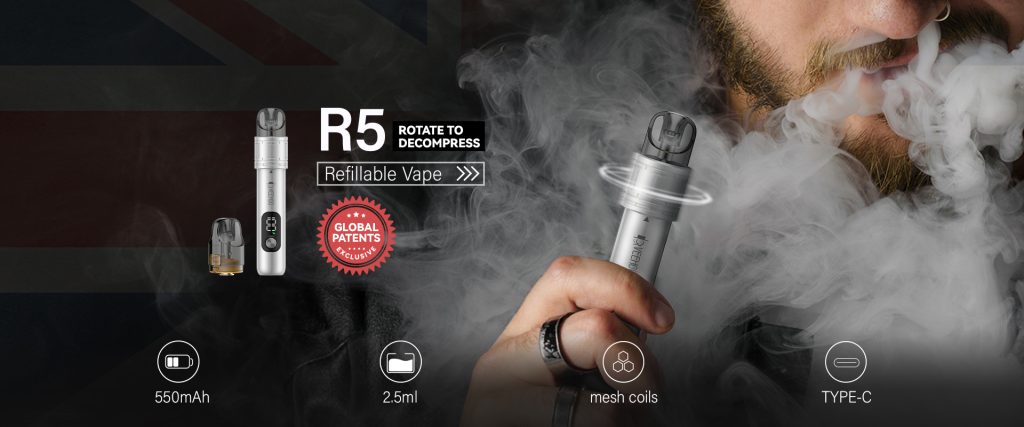In the United States, the FDA has updated import alert 98-06 to implement stricter regulatory measures on new tobacco products that do not have the necessary marketing rights, including the detention of new tobacco products that have not obtained FDA marketing authorization. In addition, the new e-cigarette sales regulations in Kentucky, USA, have also officially come into effect, prohibiting the sale of e-cigarette products that have not obtained FDA marketing authorization.
In Europe, disposable e-cigarettes have become a regulatory focus. From 2025, bans in many countries will take effect. For example, the British government has issued a draft ban on disposable e-cigarettes, stating that the sale and supply of disposable e-cigarettes will be banned from June 1, 2025. Since then, EU countries have also promoted relevant ban legislation. Belgium also banned the sale of disposable e-cigarettes from January 1, 2025.

The implementation speed of regulatory policies in the ASEAN region is also accelerating. For example, the Philippine Internal Revenue Bureau stated that it will increase its crackdown on illegal e-cigarettes in 2025. As one of the destinations for China’s e-cigarette exports, Malaysia’s regulatory policies are also gradually tightening.
Other countries such as New Zealand, from December 17, 2024, stipulate that new professional e-cigarette retailers are not allowed to open within 100 meters of early childhood education centers, and plan to ban the use of disposable e-cigarette devices from June 17, 2025. Indonesia has set a minimum retail price for e-cigarettes and other tobacco products.
In addition, some countries such as Vietnam and Kyrgyzstan have also passed resolutions and regulations to ban e-cigarettes or related products.

In summary, the regulation of e-cigarettes is becoming stricter around the world, and governments are strengthening their supervision of e-cigarettes to protect public health, especially the health of young people.
Innovative products: Faced with strict regulatory requirements, VEEHHOO needs to continuously innovate products to meet compliance requirements while maintaining product competitiveness. For example, new electronic cigarette equipment can be developed, using safer materials, providing a more personalized user experience, etc.

Compliance-based operations: VEEHHOO should strictly abide by the electronic cigarette regulations of various countries to ensure that product registration, packaging, advertising, etc. comply with local legal requirements. At the same time, strengthen communication and cooperation with government departments to keep abreast of policy trends so as to adjust market strategies in a timely manner.
Market diversification: In view of the differences in policies on electronic cigarettes in different countries and regions, VEEHHOO can consider diversifying the market and expanding to countries and regions where policies are relatively loose or the electronic cigarette market is gradually opening up. At the same time, develop electronic cigarette products suitable for local consumers in response to the needs of different markets.
Tags: stricter e-cigarette policies, restrictions on flavors or product forms, disposable e-cigarettes, veehoo vape
